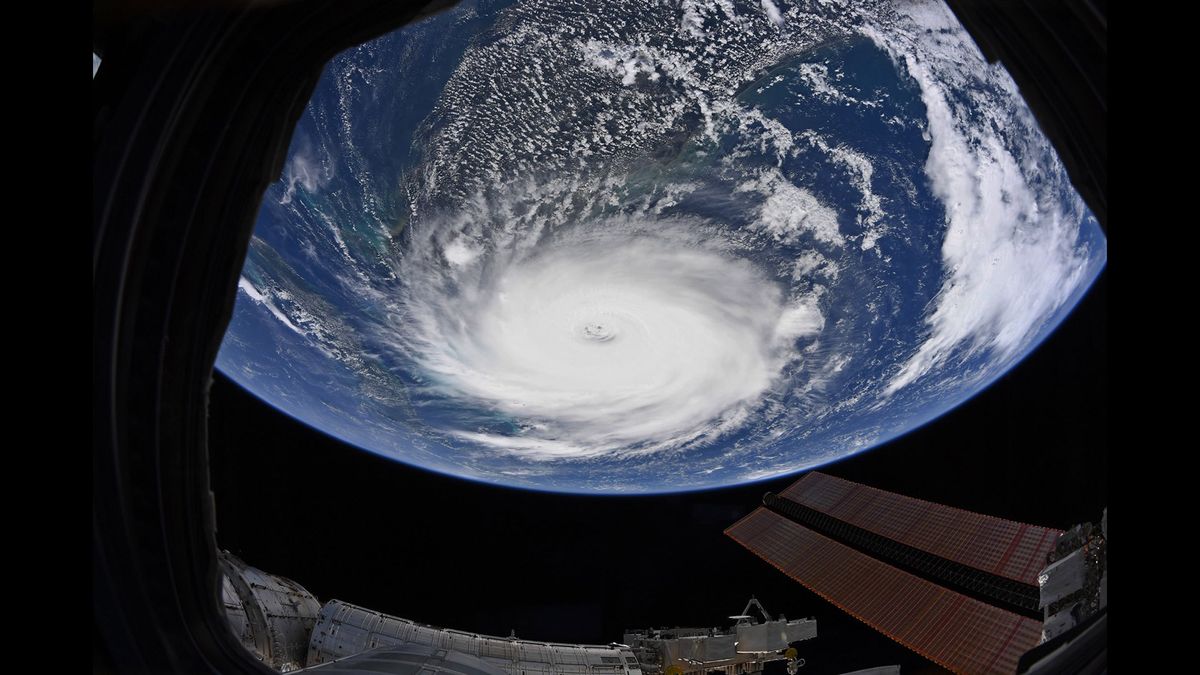There's a very good reason why basic climatology is taught at the junior level of college ... the student is busy with all the prerequisites the first two years of college ... traditionally, climatology is a back water sub-discipline, for the students who struggled to pass two years of calculus and the idea of having to take a third year of calculus for Dynamic Meteorology is out of the question ... thus with just a second year of statistics, one can get their degree ...
Where do you come up with this nonsense?
Climate scientists start with degrees in physics. And they go on to a masters, specializing in atmospheric physics. And then a doctorate. And then postdoc work. It's among the hardest of the hard sciences.
As far as the OP goes, the hard science says hurricanes are getting stronger, just as AGW theory predicted.

Hurricanes really are getting stronger, just like climate models predicted
The authors of a new paper studied 4,000 tropical cyclones spanning 39 years.
Compare that to Tommy's collection of anecdotes and media sound bites, and there's no comparison. Tommy couldn't cite a scientific paper because there are no papers backing him up. That's why he had to go with anecdotes. Which are, of course, now soundly refuted.
